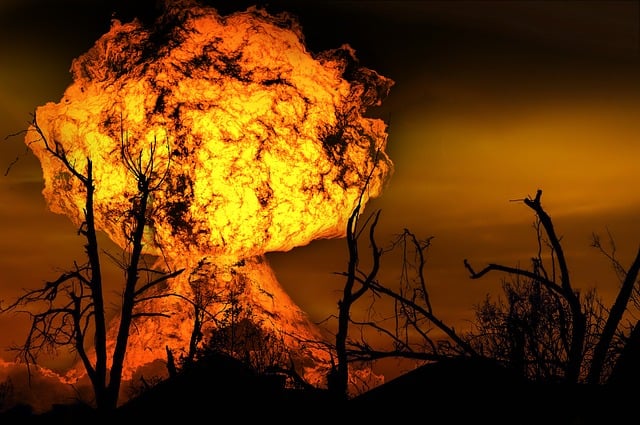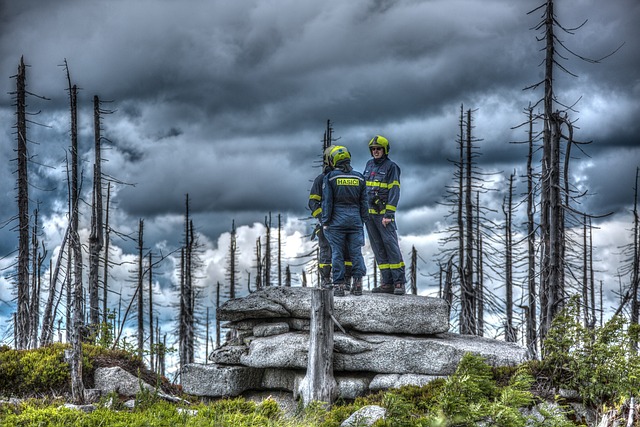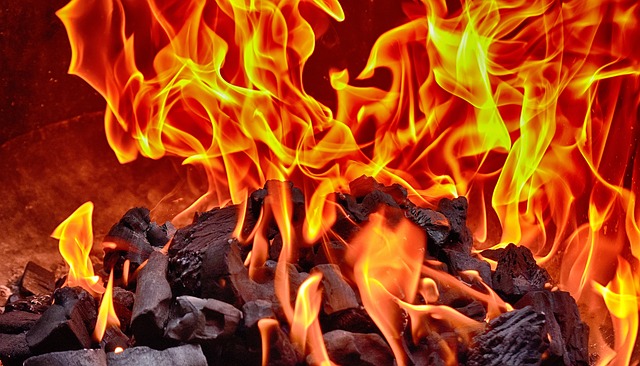Selling a fire-damaged house in California requires adhering to stringent fire disclosure laws that mandate transparent communication and thorough inspections. Sellers must disclose all material defects, including visible and hidden damages, with detailed reporting from licensed professionals. Buyers have the right to inquire about historical fires and safety measures, while certain exceptions exist for minimal damage. Non-compliance can result in legal consequences for sellers and agents, emphasizing the importance of accurate disclosure throughout the transaction process.
California’s fire disclosure laws are stringent, designed to protect homebuyers from potential hazards. When selling a fire damaged house in California, understanding these rules is crucial. This article guides you through the process, from disclosing fire damage to buyers and conducting necessary safety inspections, to navigating exclusions and legal implications of non-compliance. Stay informed to ensure a smooth sale and mitigate risks associated with selling a fire-affected property.
- Understanding California's Fire Disclosure Laws
- When and How to Disclose Fire Damage to Buyers
- Requirements for Fire Safety Inspections
- Exclusions and Exceptions in Fire Disclosure
- Legal Implications of Non-Compliance
Understanding California's Fire Disclosure Laws

In California, selling a fire-damaged house comes with specific legal considerations. The state has stringent fire disclosure laws designed to protect potential homebuyers from unforeseen structural issues or hazards that could impact their safety and investment. These regulations require sellers to disclose any known fire damage or related repairs, ensuring transparency throughout the real estate transaction process.
Understanding these disclosure rules is crucial for both sellers and buyers when navigating the sale of a property affected by fires. Sellers must accurately communicate the extent of any previous fire damage, providing detailed information about the incident, subsequent repairs, and any ongoing safety measures taken. Buyers, on the other hand, have the right to inquire about such disclosures, ensuring they are fully informed before making a significant purchase decision. This open dialogue facilitates trust and helps buyers make educated choices when purchasing a fire-damaged home in California.
When and How to Disclose Fire Damage to Buyers

When selling a fire-damaged house in California, disclosure is key. It’s crucial to inform potential buyers about any fire damage as early as possible during the transaction process. This transparency helps establish trust and prevents future legal issues. According to California law, sellers must disclose known material defects, including fire damage, in writing.
The disclosure should include a detailed description of the damage, such as the date and extent of the fire, areas affected, and any repairs made or planned. It’s recommended to provide supporting documents like reports from fire departments or insurance assessments to substantiate your disclosures. Early and accurate communication can streamline the buying process, ensuring buyers are fully informed about the property’s history and potential challenges.
Requirements for Fire Safety Inspections

When preparing to sell a fire-damaged home in California, understanding fire disclosure rules is paramount. The state has stringent requirements for Fire Safety Inspections, aiming to ensure potential buyers are fully informed about any risks associated with the property. These inspections are crucial, especially for homes that have experienced fires, as they help identify structural integrity issues, electrical hazards, and other safety concerns.
For sellers, this means engaging licensed professionals who can assess the extent of fire damage and provide a detailed report. The inspection should cover both visible and hidden damages, such as charred walls, damaged wiring, or compromised roof structures. By disclosing this information transparently, California’s rules enable buyers to make informed decisions, ensuring they are aware of any necessary repairs or potential long-term implications before purchasing the fire-damaged property.
Exclusions and Exceptions in Fire Disclosure

When it comes to selling a fire-damaged house in California, understanding disclosure rules is crucial. While state laws mandate comprehensive fire disclosure, there are certain exclusions and exceptions to keep in mind. These include situations where the damage is minimal, such as smoke stains or charred walls, which may not require detailed disclosure.
For instance, if a property has sustained non-structural fire damage that has been adequately remedied, sellers might not be obligated to disclose it. However, any potential buyers should always inquire about historical fires and related repairs during the buying process. These exceptions highlight the importance of open communication between parties involved in selling a fire-damaged house in California.
Legal Implications of Non-Compliance

When selling a fire-damaged home in California, strict disclosure rules must be adhered to, as outlined by the California Civil Code and Fire Safety Regulations. Non-compliance can have significant legal implications for sellers and real estate agents. If a seller fails to disclose known fire damage or potential hazards, they may face numerous consequences, including financial penalties, liability claims, and even civil lawsuits from buyers who suffer losses due to undisclosed issues.
For instance, buyers have the right to know if a property has experienced structural damage or if certain safety features, like smoke detectors, were functioning correctly before the fire. Sellers are legally obligated to provide accurate information to prospective buyers, ensuring transparency throughout the transaction process. Failure to do so could result in substantial legal repercussions, emphasizing the importance of adhering to California’s fire disclosure rules when selling a fire-damaged house.
Selling a fire-damaged house in California comes with specific legal obligations. By understanding and adhering to the state’s fire disclosure laws, sellers can ensure a smooth transaction process. Timely disclosure of any fire damage, along with comprehensive safety inspection reports, is crucial for buyer transparency and legal compliance. Being aware of exemptions and potential legal repercussions can protect both parties involved in the sale. When selling a fire-damaged property in California, it’s essential to stay informed and prioritize open communication to avoid disputes.






